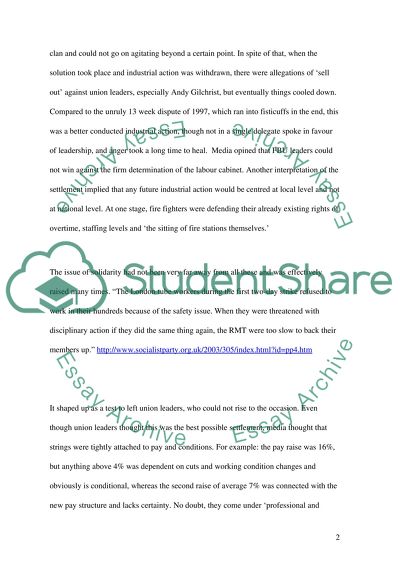Cite this document
(“Power & Conflict Case Study Example | Topics and Well Written Essays - 3500 words”, n.d.)
Retrieved from https://studentshare.org/sociology/1528719-power-conflict
Retrieved from https://studentshare.org/sociology/1528719-power-conflict
(Power & Conflict Case Study Example | Topics and Well Written Essays - 3500 Words)
https://studentshare.org/sociology/1528719-power-conflict.
https://studentshare.org/sociology/1528719-power-conflict.
“Power & Conflict Case Study Example | Topics and Well Written Essays - 3500 Words”, n.d. https://studentshare.org/sociology/1528719-power-conflict.


